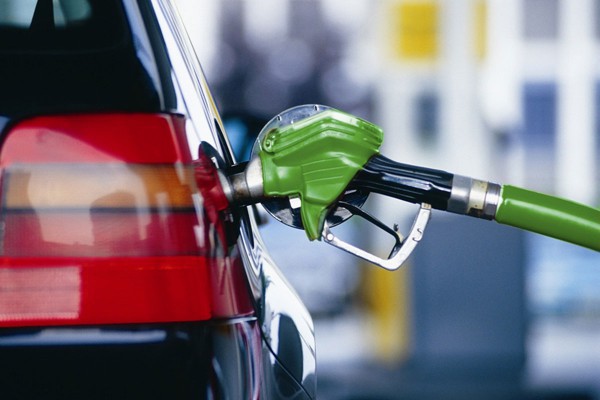


ArmInfo. Armenia needs to solve the problem of petroleum and diesel fuel quality, Armenian Prime Minister Karen Karapetyan said at the Government's sitting on March 16.
Karapetyan instructed Minister of Economic Development and Investments Suren Karayan to work out within a one-month period and submit to the Government the list of measures aimed at liquidation of any abuse on the oil derivatives market and toughening control over the quality of the petroleum and diesel fuel. The minister was also instructed to improve the system of providing permits for trade of the specified types of oil derivatives and establish clear restrictions with due regard for the current trade structure on the market. The Prime Minister assigned the minister and the State Revenue Committee to elaborate the methodology for assessing the petroleum and diesel fuel quality.
Minister of Economic Development and Investments Suren Karayan said that the Ministry will carry out the Prime Minister's instruction within the specified period. He added that the small-scale wholesale companies will also be inspected, because Rosneft - the key supplier of oil derivatives to Armenia - supplies high quality product.
Earlier, when asked by opposition lawmaker Nikol Pashinyan about accumulation of 400 tons of diesel fuel on the border, Karapetyan said at the Parliament that the fuel is of low quality and it is meant for hearths. He added that due to the import of low quality product, Armenian armored vehicles came across serious problems in April 2016.
To note, three companies - Flash LLC, CPS Oil Corporation LLC, and Max Petrol CJSC - cover 90% of the retail market of oil derivatives in Armenia. In 2017, Rosneft will supply Armenia with 210.5 tshd tons of oil derivative. According to the Customs Service of Armenia, in 2016 the import of oil derivatives to Armenia grew by 6.8% to 318.2 thsd tons, while the customs value dropped by 7% to $198.5 mln. At the same time, 243 kg of oil derivatives worth $3 mln was exported. The oil derivatives are imported mostly from Russia (72.4%), Iran (4.2%), Romania (3.5%), Greece (2.7%), Saudi Arabia (2.2%), while the exports falls mostly on Georgia - 97%, Poland - 2%, and Russia - 1%.